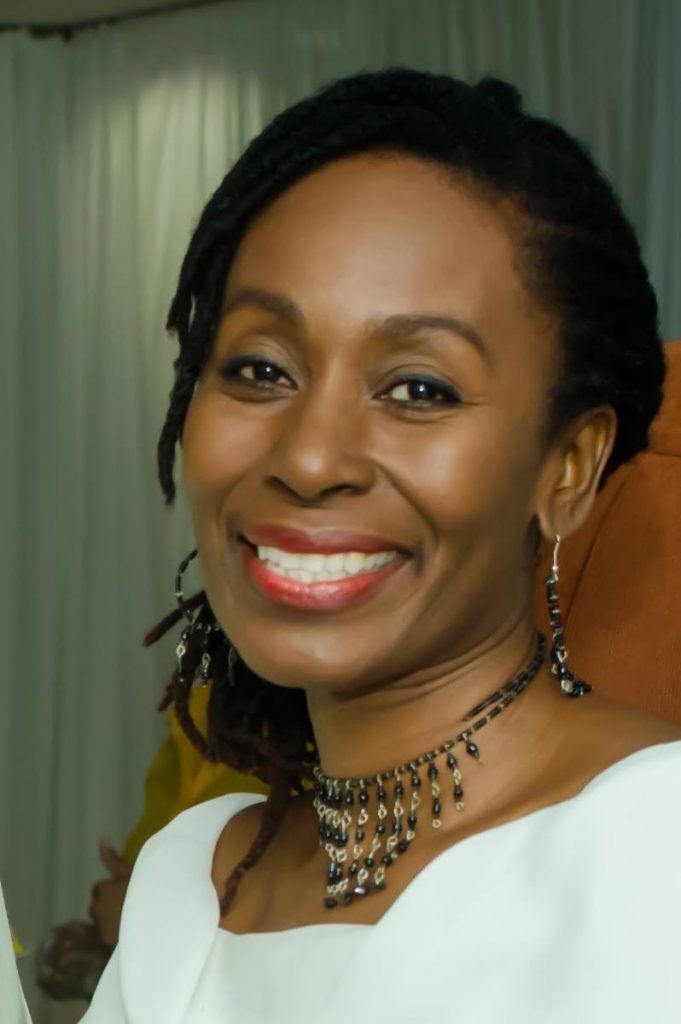1976: a coming-of-age story

Culture Matters
DARA E HEALY
I don’t know everything
But there’s some I do know
I’ve read and heard a lot
And now we’re ready to show
That we can come together and think like one
Live together
Underneath the sun
– Let Me Show You the Way to Go, The Jacksons
THE YEAR 1976 was a big part of my own coming-of-age story. At only, ahem, years old, I lived in a disco cloud. Leo Sayer, You Make Me Feel Like Dancing; Rose Royce, Car Wash, and naturally the Jacksons, Let Me Show You the Way to Go. At the same time, TTT – Trinidad and Tobago Television – was playing a seminal role in my miseducation. To be fair, I think the programme managers thought they were providing us with a balanced offering with local shows like Mastana Bahar, Dateline and Play of the Month, sprinkled in-between by Charlie’s Angels, Bionic Woman, Good Times and Sesame Street.
We became a republic but I did not notice, not really. Once we removed the queen of England as our head of state, her position was replaced by a president, Sir Ellis Clarke. The prime minister was still Dr Eric Williams after a victory in the general election of that year. Our new constitution gave more power to the people, to elect their representatives and have more say in how we are governed. However, like my own life, our country seemed to exist on parallel planes at the same time.
While I lived in a cloud of music, bell bottoms, television and books, I was also part of a community of people in the world of Black Power. “I listen/to cane tops rustling/in soot filled wind/I bend illiterate/loving de land/denied de land/and when is crop time/for me is still hard time/drag, stack, bundle/packing mih bags/de land I wuk is mine.” Uncle Kwesi was one of my favourite new uncles. Always so pleased to see me, I have an enduring image of him smiling down at me with his wide, toothy grin. “Good afternoon my beautiful little sister.” As I grew older, he removed the “little” from his greeting, but his welcoming smile was always the same. In hindsight, I realised his poetry was one of the constants that helped me to make sense of the world. His poetry and his smile kept me grounded.
I recognise now what a turbulent time 1976 must have been for our nation. The year before, union members in the energy, transport and public utility industries marched against the government demanding, well, better.
Globally, the world was also on edge. Twenty-eight African countries boycotted the 1976 Montreal Olympics in protest against the presence of the New Zealand rugby team which had earlier that year toured an apartheid-run South Africa. The Ebola virus was discovered near the Ebola River in today’s Democratic Republic of the Congo. The United Nations declared the UN Decade for Women to address equal opportunities for women.
In 1976, calypsonian Black Stalin, who celebrated his 80th year of life yesterday, would have been in his mid-30s. In yet another contradiction of the times, 76 was an exciting time for our culture. The big names in mas, Lee Heung, Berkeley and Williams, topped the Band of the Year rankings. Lord Kitchener won the Road March with Flag Woman. In Panorama, Desperadoes and Hatters placed first and second with two different compositions by Kitchener. But Stalin was among the stalwarts of the calypso genre who noticed that the music had started to change. It was becoming faster and commercialised in a way that many of the older artists did not understand, so Stalin and others resolved to create music in their way.
With the benefit of time, I eventually understood why I never saw the humour in the antics of JJ from Good Times. His excessively absurd brand of comedy, bugging of the eyes and emphasising of his not particularly handsome features; all of these recalled stereotypes of early films which ridiculed black people. In my alternative world, with uncles like Lasana Kwesi, no slapstick was ever required to be appreciated or to belong.
Forty-five years after attaining the status of a republic, we face many challenges, but there is much to celebrate. The artistic community is working out how to thrive in a pandemic, as we hesitantly step towards normalcy. As a nation, we are coming of age and like my own journey, there are many twists and turns. I’ve lost my uncle Kwesi, but I will survive. And so will our Republic of TT.
Dara E Healy is a performance artist and founder of the Indigenous Creative Arts Network – ICAN

Comments
"1976: a coming-of-age story"